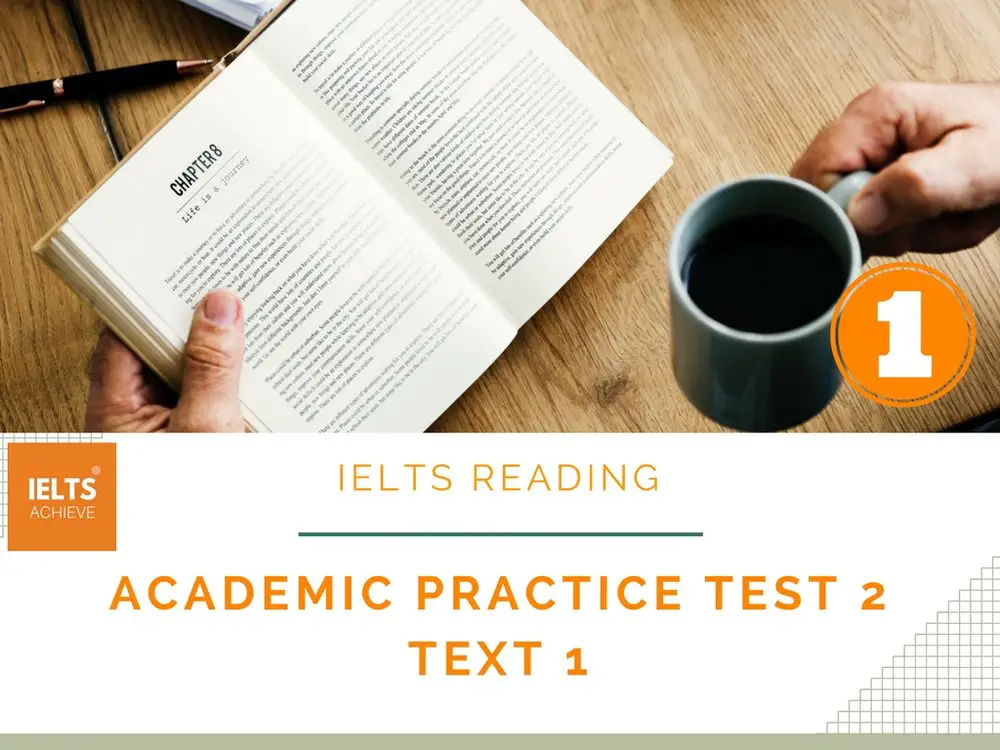
READING TEXT 1
The following text is from Norse Mythology.
You should spend around 20 minutes on Questions 1-13, which are based on reading text 1.
THE VIKINGS AS EXPLORERS AND SETTLERS
As impressive as the Vikings’ accomplishments as raiders and warriors were, their accomplishments as explorers and settlers were equally magnificent. The Vikings ventured far from their homelands in Scandinavia and became the first Europeans to discover Greenland and even North America (which they called “Vinland”) – roughly 500 years before Christopher Columbus. Along the way, they became the first people to establish sizable settlements in Iceland and other North Atlantic islands, and also colonised the territories their warriors conquered throughout northern Europe. These explorations and settlements have had a decisive impact on these places that persists even today.
The Vikings’ motivations for faring so far across the globe and founding new settlements in the lands they reached were as varied as the individuals who undertook these tremendous projects. But a few motives stand out as being especially strong and generally applicable. In places that the Vikings were the first sizable group to explore and/or settle, these were the quest for fame, prestige, and honor; the desire for the level of personal freedom that one can only find in a sparsely-populated area with no pre-established government; and the ability to take advantage of virgin natural resources.
In places where the Vikings conquered existing populations, they were driven by political ambitions, the desire for wealth through tribute and the control of trade, and, as in newly-inhabited lands, the ability to make a name for oneself.
The Vikings didn’t just explore and settle new territories. They also settled in the lands in Europe that they conquered through warfare. In such cases, it was sometimes just the warriors themselves who settled down, began working the land, and took wives from among the native population. At other times, whole families moved from Scandinavia to the newly-conquered territories. In the British Isles, for example, the Scandinavian genetic contribution to some areas is evenly split between men and women, whereas in other places it’s overwhelmingly male.
Viking rulers in conquered territories largely adapted to what was expected of a ruler in those lands rather than simply imposing Scandinavian customs on the populace. Viking rulers in non-Norse lands often maintained good relations with the Christian Church, used written documents in governance, and even minted coins. Their Viking followers did likewise, to the point that archaeologists often find it nearly impossible to distinguish the graves of Vikings from the graves of non-Vikings in Viking-controlled territories.
The Viking conquest with the deepest and longest impact was that of the British Isles. The Scandinavians who migrated to England, Scotland and Ireland forever changed the character of those countries. Perhaps this should be unsurprising given the sheer extent of Viking rule in these places. By the late ninth century, the Norse controlled virtually all of England besides Wessex, and large swaths of Scotland and Ireland as well.
Even after the English regained control of the country in the mid-tenth century, many Scandinavian settlers remained and had a large influence on England’s culture, as loanwords, place-names, law codes, and other lines of evidence indicate. The modern English language, for example, has no less than 600 loanwords from Old Norse, including such common words as “cast,” “knife,” “take,” “window,” “egg,” “ill,” and “die.”
The Vikings settled northern Scotland especially heavily, mostly due to the fact that it was both close to Norway and a convenient jumping-off point for raids in England and Ireland. The Norse found and conquered lots of already-thriving settlements there in the ninth century, subjugating the local populations. The level of Norse influence upon the people of Scotland and its islands was so great that today, Shetlanders have 44 percent Scandinavian DNA, the Orkneys’ inhabitants have 30 percent, and those who live in the Western Isles have 15 percent. The inhabitants of the Orkney and Shetland Islands spoke Norn, a dialect of Old Norse, until the nineteenth century. The influence didn’t just go one way, however. The Norse adapted to the local customs, including becoming Christians.
Over the course of the ninth century, as the Vikings settled in Ireland, they became more and more integrated into Irish society. They fought wars on behalf of Irish leaders, intermarried with the Irish, adopted Christianity, and so forth. The Irish had no particular tradition of trade with the outside world and relied on the enterprising and well-connected Vikings to perform this activity on their behalf so that they could enjoy the fruits of interaction with international markets. While Viking settlements in Ireland were confined to trade towns – the Irish made a point to keep them out of the rest of the country – those trade towns had a great impact on the contemporary and subsequent character of the country. One of them, Dublin, is now Ireland’s capital city.
Questions 1-8
Do the following statements agree with the information given in text 1 above?
In boxes 1-8 on your answer sheet, write
- True – if the statement agrees with the information
- False – if the statement contradicts the information
- Not Given – if there is no information present
1. The Vikings were renowned for their ability to travel and discover new places.
2. The Vikings were happy to bow to the rule of the lands they found, with little initiative among them.
3. The Vikings claimed many new places through battles.
4. Viking elders were tough and often unkind to those that they ruled over.
5. In England, the Vikings contributed to the development of its personality
6. The impact of Old Norse on the English Language was nil.
7. The Vikings preferred to raid Scotland as there was a smaller population.
8. All of Ireland was commanded by the Norse culture.
Questions 9-13
Choose the correct letter, A, B, C or D.
Write your answers in boxes 9-13 on your answer sheet.
9 – When the Vikings left Scandinavia they
A. sailed around the world.
B. tried to impress rulers.
C. discovered and colonised new lands.
D. terrorised many populations.
10 – What are we told about the Vikings in the fifth paragraph?
A. Viking rulers enforced strict laws.
B. The Vikings adapted well to new customs.
C. They ignored the Christian Church.
D. They merged their own culture with that of the place they settled.
11. The Vikings who settled in England, Scotland and Ireland
A. helped to shape aspects of the culture of the nation.
B. raided the lands.
C. held many battles with the people of the lands.
D. decided to leave.
12. What is the writer doing in the seventh paragraph?
A. Criticising the Norse culture.
B. Explaining how Old Norse words have been integrated into the English language.
C. Describing how the English language has developed.
D. Rejecting the idea that the English language has an outside influence.
13. What is the writer’s main point in the final paragraph?
A. That the Vikings adopted Irish customs.
B. The Irish people disliked the Viking culture and all that was associated with it.
C. Explaining the wealth of influence the Vikings had in Ireland.
D. The Irish people allowed the Vikings to settle wherever they wished, with lands given to them as spoils of war.
If you need help to answer these questions with extra practice please read the posts below >>
Answers >>
Questions 1-8
1. True
2. False
3. True
4. Not Given
5. True
6. False
7. Not Given
8. False
Questions 9-13
9. C
10. D
11. A
12. B
13. C
Part Two of Academic Reading Test 2
Part Three of Academic Reading Test 2
We hope you found this post useful in helping you to study for the IELTS Test. If you have any questions please let us know in the comments below or on the Facebook page.
The best way to keep up to date with posts like this is to like us on Facebook, then follow us on Instagram and Pinterest.
If you need help preparing for the IELTS Test, join the IELTS Achieve Academy and see how we can assist you to achieve your desired band score. We offer an essay correction service, mock exams and online courses.

